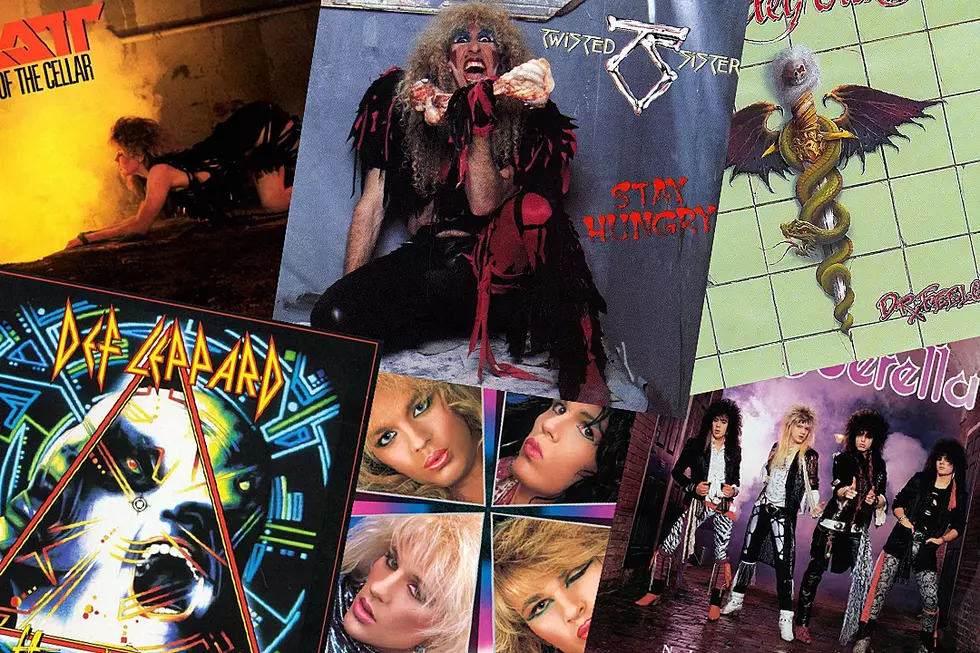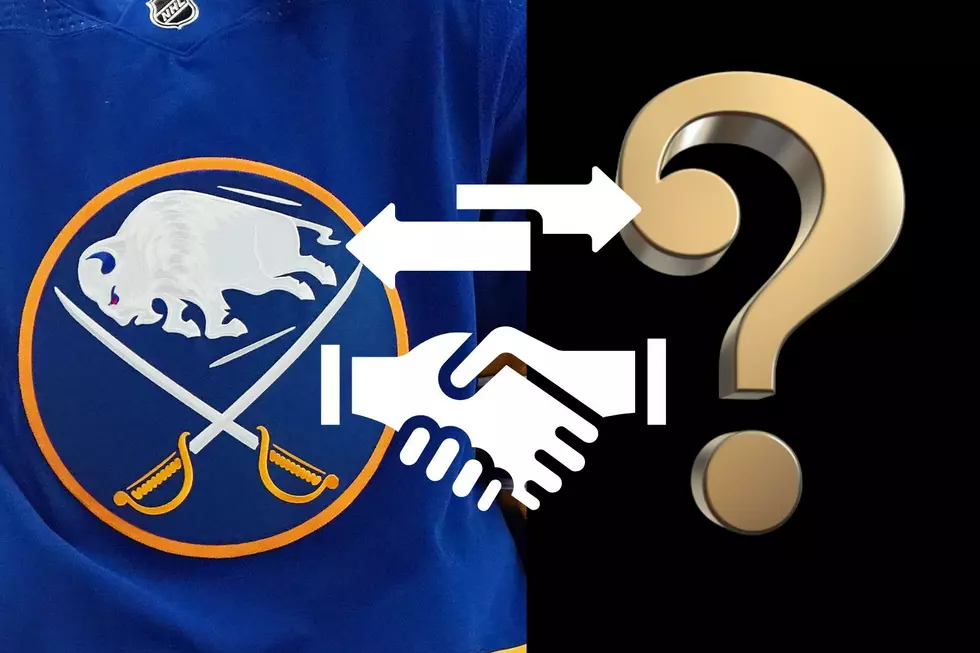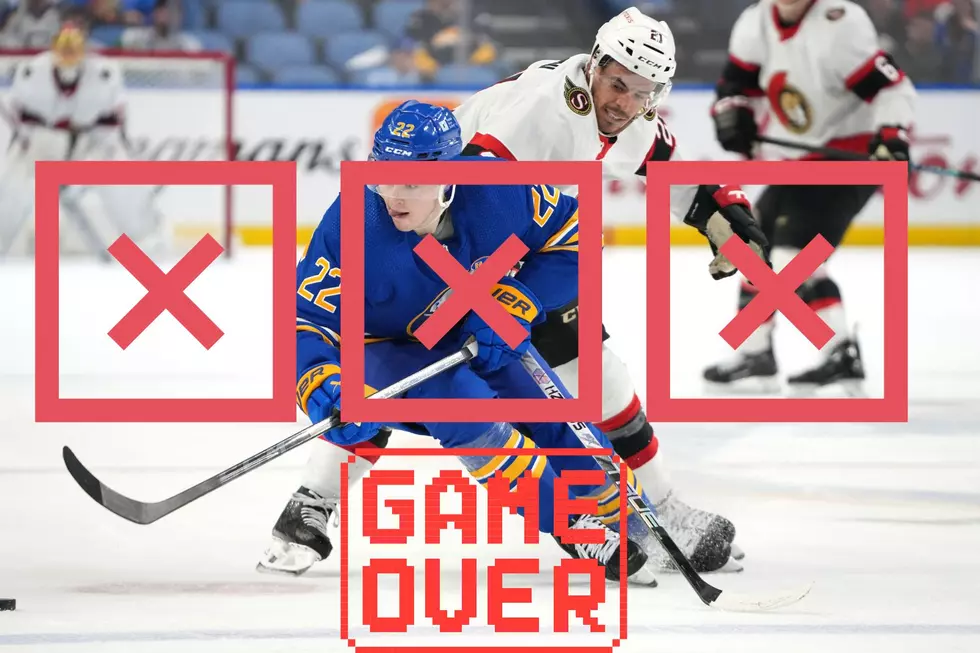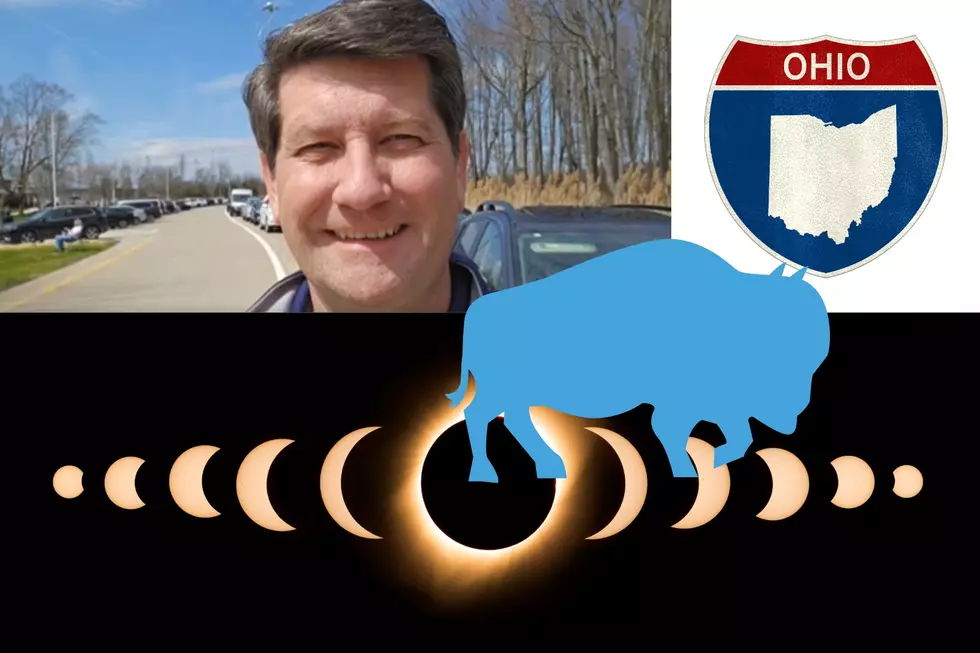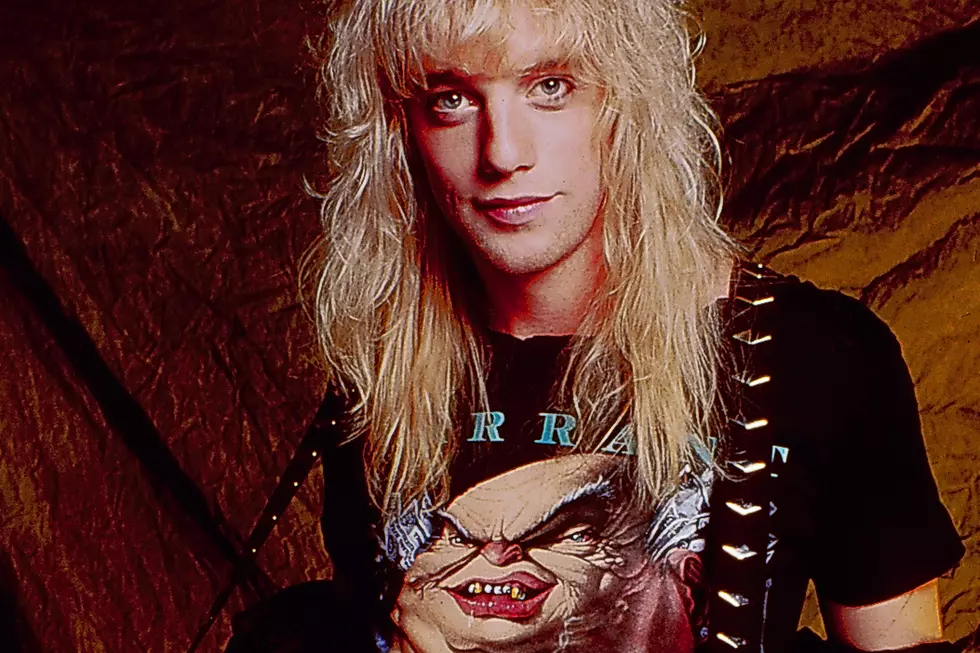
When Warrant’s Jani Lane Left Behind a Complicated Legacy
When former Warrant singer Jani Lane died on Aug. 11, 2011, at the age of 47, he left behind a complicated musical legacy that he himself repeatedly disavowed.
But the singer's reputation as a hard-partying purveyor of cock-rock belied a smart, genre-spanning catalog of music that outclassed most of Warrant’s Sunset Strip contemporaries and established Lane as one of the era’s most sophisticated songwriters — while also hinting at the anguish constantly threatening to pierce his cheery, irreverent facade.
Lane’s turbulent life and meteoric career came to an unceremonious end when he was found dead inside a Comfort Inn hotel room in Woodland Hills, Calif., as a result of “acute ethanol poisoning," accompanied by prescription pills and a half-empty bottle of vodka. In his pocket was a note containing the words “I am Jani Lane” and a phone number in someone else's handwriting. The singer reportedly did not carry formal identification, and his friends would place these notes on him as a safety precaution in the event he was found unconscious.
Lane, born John Kennedy Oswald, had a well-documented, years-long battle with the bottle. "Alcoholism is not something he chose," said his older sister, Vicky Oswald-Ley, in the days following his death. "It's something he fought every day, and it just won."
The singer's business manager, Sharon Chambers, told Classic Rock he often checked into hotels to sober up. But Lane's efforts proved unsuccessful, and he reportedly trashed multiple Los Angeles hotel rooms in the months before his death, despite living in the city with his third wife, Kimberly Nash, whom he left behind along with two daughters and two stepdaughters.
It hadn’t always been that way. Two decades earlier, Lane and his bandmates were reaping the spoils of their first two albums, 1989’s Dirty Rotten Filthy Stinking Rich and 1990’s Cherry Pie, which became back-to-back multiplatinum smashes. The former catapulted Warrant to the top of the hard-rock heap with the No. 2-peaking power ballad “Heaven” and its Top 20 successor “Sometimes She Cries,” along with chest-beating party-metal anthems like “Down Boys” and "So Damn Pretty (Should Be Against the Law).”
Warrant weren’t revolutionizing the art form with DRFSR, but they injected sky-high hooks, good humor and winking self-awareness into the tired glam-metal formula, as best heard in the tongue-in-cheek title track. They owed much of their success to Lane, who had already begun establishing himself as a whip-smart songwriter and powerhouse singer.
Lane's creative development would continue on Cherry Pie — though it was nearly obscured by the album's greatest commercial achievement. Warrant originally planned to call their sophomore LP Uncle Tom's Cabin and lead with the track of the same name, a muscular, ominous hard rocker about two murderous police officers. But shortly before the record hit shelves, Columbia Records phoned Lane and said they didn't hear a single. In response, Lane scribbled the lyrics to "Cherry Pie" on a napkin in 15 minutes — and unwittingly altered the course of his life forever.
Watch Warrant's 'Cherry Pie' Video
"Cherry Pie" rocketed to No. 10 on the Billboard Hot 100, powered by a hyper-sexualized music video starring vixen and Lane's future wife Bobbie Brown. The song fattened everybody's coffers and cemented Warrant's superstar status at the turn of the decade, but it also overshadowed the album's objectively much better songs: horndog hard rockers "Sure Feels Good to Me" and "Love in Stereo"; brooding, mid-tempo stompers "Song and Dance Man" and "Mr. Rainmaker"; and the heartrending piano ballad "I Saw Red," inspired by Lane walking in on his then-girlfriend in bed with his best friend, which prompted a nervous breakdown that delayed the release of Dirty Rotten Filthy Stinking Rich (and perhaps contributed to his future struggles with booze and mercurial behavior).
"All of a sudden, the album’s called Cherry Pie, the record's called 'Cherry Pie,' I'm doing cherry pie eating contests, the single’s 'Cherry Pie,'" Lane told VH1 in 2006. "And my legacy’s 'Cherry Pie.' Everything about me is 'Cherry Pie.' I’m the 'Cherry Pie Guy.' I could shoot myself in the fucking head for writing that song."
Watch an Interview With Jani Lane
As the grunge storm reached a fever pitch, Warrant attempted a commercial hat trick with 1992's Dog Eat Dog, a no-frills, hard-rock opus running the gamut from pseudo-speed metal ("Inside Out") to post-apocalyptic sci-fi balladry ("April 2031"). It was a stunning artistic achievement that admirably went gold, but the writing was — literally — on the wall: Warrant's time in the sun was over. "I'll never forget walking into [Columbia Records president] Don Lenner's office seeing this huge poster of Alice in Chains' Dirt over his secretary's desk," Lane recalled of a Dog Eat Dog-era marketing meeting. "And I thought, 'Hello, Seattle ... goodbye, Warrant.'"
With his stardom evaporating before his eyes, Lane left Warrant in 1993 to pursue an abortive solo career, though he returned six months later and the band released the grunge-influenced Ultraphobic in 1995. The album failed to scrape the Billboard 200, as did 1996's Belly to Belly and the 2001 covers album Under the Influence, the last two Warrant records to feature Lane. But it's to the band's credit that it resisted the pull of the nostalgia circuit for so long and its mid-'90s grunge excursions were more dignified than many peers'.
Downgraded from arenas to clubs, Warrant continued to tour rigorously throughout the '90s. Onstage, Lane made a bargain with fans. “I know a lot of you have never heard some of these songs, so we won’t throw too many at you," he said during a 1996 show on the Belly to Belly tour. "We’ll play all the old stuff, too, but I really want to turn you on to some of this new stuff.” The crowd happily indulged the new material, and Lane made good on his promise.
Watch Warrant Perform in 1996
Unfortunately, the half-decent times wouldn't last, as Lane left the band again in 2004, returning briefly in 2008 but pulling the plug on the reunion a few months later. He released his solo debut, Back Down to One, in 2003, and fronted hard-rock supergroup Saints of the Underground on the 2008 album Love the Sin, Hate the Sinner. But Lane was better known in the final decade of his life for failed rehab stints, a string of DUIs and a 2005 appearance on VH1's Celebrity Fit Club.
Lane, along with his poufy-haired peers, faced the derision of cynical music scribes and endured the scorn of rockers far below his pay grade, as ‘80s glam-metal parodists Steel Panther repeatedly called him “Cherry Pie Guy” when he joined them onstage one night in 2007 to sing his dreaded hit along with “Down Boys.” Still, he remained a good sport, touring with Great White in summer 2010 and filling in for singer Jack Russell as he recovered from surgery. “Jani was a complete professional," Great White guitarist Mark Kendall told Classic Rock. "He was never late, and the fans were saying he hadn’t looked or sounded so good in 20 years. I have to agree.”
These endeavors couldn't keep his demons at bay, though, and Lane succumbed to his vices not long after scrapping his 2011 solo tour dates and retreating from the public eye. The tragedy of his death was twofold: the loss of a human being first and, foremost, of a husband, son, father and friend. But it also constituted the erasure of a legacy. The '80s hard-rock critical reevaluation, spurred on by the likes of Motley Crue's movie adaptation of The Dirt and Guns N' Roses' monstrous reunion tour, was still several years away, and most casual observers likely wrote Lane off as the washed-up ex-singer of another brainless hair band.
The stereotype was their loss. Throughout his career, Lane repeatedly demonstrated his prowess as a magnetic frontman, dynamite vocalist and multifaceted songwriter. Yes, his addictions dogged him for years, leading to many hurt feelings and fractured relationships. But they were also evidence of a man who grappled with insecurity and heartache, and who was willing to channel those emotions into disarmingly vulnerable songs when he wasn't writing indelible strip-club anthems. Among Hollywood's sea of talentless street urchins and opportunistic hangers-on, Lane emerged as a singular talent with a catalog of hits and deep cuts that rock fans would be remiss to ignore.
And yes, that includes "Cherry Pie."
Top 30 Glam Metal Albums
More From 92.9 WBUF
